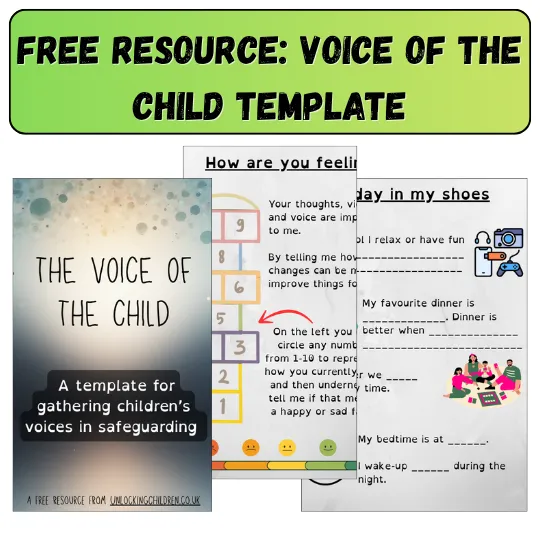Author Note: Inspired by the real voices and lived experiences of neurodivergent girls who shared their stories of masking, exhaustion, and self-discovery.
You see me every day.
I’m the one who always looks fine — maybe even happy.
I smile when you talk to me.
I laugh when everyone else laughs.
I say I’m okay even when I feel like I’m breaking inside.
You see the version of me I’ve learnt to show.
But you don’t see the real me — the one underneath the mask.
Learning to Wear the Mask
I didn’t always know I was wearing a mask.
When I was little, I thought everyone felt like this —
... that loud noises made their chest hurt,
... that lights could feel like knives behind their eyes,
... that conversations felt like puzzles with missing pieces.
I remember watching other girls at school —
... how they’d chat so easily,
... how they just seemed to know when to talk, when to laugh, when to stop.
I didn’t know those rules.
So I studied them.
I watched their faces, their voices, their hands — and copied.
That’s how I learnt to blend in.
That’s how I learnt to survive.
The Cost of “Fitting In”
People say I’m polite.
They say I’m mature for my age.
Teachers tell my parents how well-behaved I am.
But they don’t see the cost.
They don’t see that my hands ache from clenching to stop them from stimming.
They don’t see me hiding in the toilet at lunchtime because my brain feels too loud.
They don’t see how I rehearse what to say before I speak — and replay it afterwards, terrified I said it wrong.
At the end of the day, when I get home, I shut my bedroom door and take off the mask.
That’s when it all comes out — the crying, the anger, the silence.
Mum calls it “after-school meltdown.”
For me, it’s just finally being able to breathe.
When People Don’t Understand
When I was younger, I was told, “You’re just shy.”
Then, “You’re such a perfectionist.”
Later, “You just need to try harder.”
But I was already trying — every second of every day.
Trying to act okay.
Trying not to be too much.
Trying not to be too different.
I’d hear adults talk about “autistic boys” who struggled with behaviour.
But that wasn’t me.
I was the quiet girl in the corner who never caused trouble.
So no one thought I could be autistic.
Because I didn’t look like it.
That’s what masking does — it hides the truth so well that even I started to believe it.
The Burnout No One Talks About
When I hit secondary school, it got harder.
More noise.
More people.
More pretending.
By the time I got home, I had nothing left.
Some nights, I’d lie awake staring at the ceiling, feeling numb.
Other nights, I’d explode over something tiny — a missing pencil, a wrong look, a small change to my routine.
My parents didn’t understand.
They thought I was being dramatic or hormonal.
But I was just exhausted from acting normal all day.
Masking isn’t just pretending — it’s survival.
But it’s a kind of survival that slowly eats away at who you are.
What Help Feels Like
It wasn’t until one teacher really saw me that things changed.
She noticed the small things — the way I flinched at sudden noises, the way I copied others, the way I smiled too quickly.
She didn’t tell me to stop being silly or to try harder.
She said, “You don’t have to hold it all in here.”
Those words felt like oxygen.
She gave me quiet space when I needed it.
She let me use noise-cancelling headphones.
She talked to me calmly, not like I was a problem to be fixed.
She made me feel safe just to be myself.
That’s when I started learning what unmasking feels like — and it felt strange at first.
Like standing in the sunlight after years in the dark.
The Fear of Unmasking
Even now, I don’t always know who I am without the mask.
Sometimes I worry people won’t like the real me.
The me who flaps her hands when she’s excited.
The me who needs quiet time after socialising.
The me who finds eye contact painful.
Unmasking isn’t about suddenly being free — it’s about slowly learning it’s okay to be different.
It’s about trusting that the right people won’t make you feel weird for being yourself.
If You’re a Girl Like Me
If you’re a girl who feels invisible, who’s told she’s fine because she’s quiet, who hides her real self just to fit in — I see you.
You’re not broken.
You’re not dramatic.
You’re not faking it.
You’re doing your best in a world that often misunderstands you.
But you deserve to exist without acting.
You deserve to be heard, not just seen.
You deserve a world that lets you take off the mask and still be loved.
A Note to Adults
When you meet a quiet girl who never causes trouble — don’t assume she’s fine.
Look closer.
Listen deeper.
Notice the small signs: the tired eyes, the rehearsed answers, the over-politeness.
Ask her how she really feels.
And when she tells you, believe her.
Because sometimes, the hardest thing for a neurodivergent girl to do is to let someone finally see her.
Final Reflection
Masking helped me survive, but it also made me disappear.
Now I’m learning that being myself — even when it’s messy or misunderstood — is the bravest thing I can do.
And maybe one day, I won’t need the mask at all.


